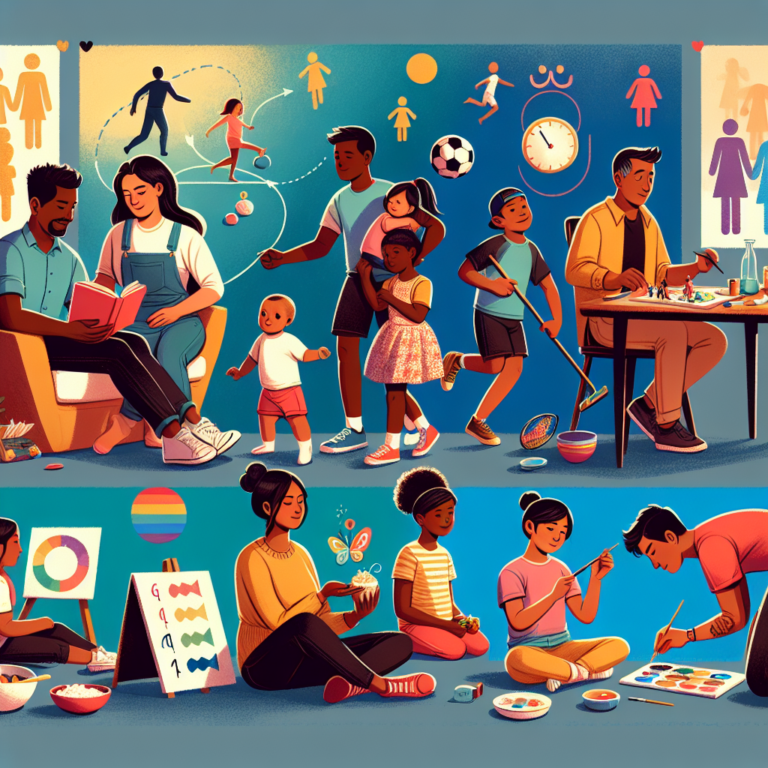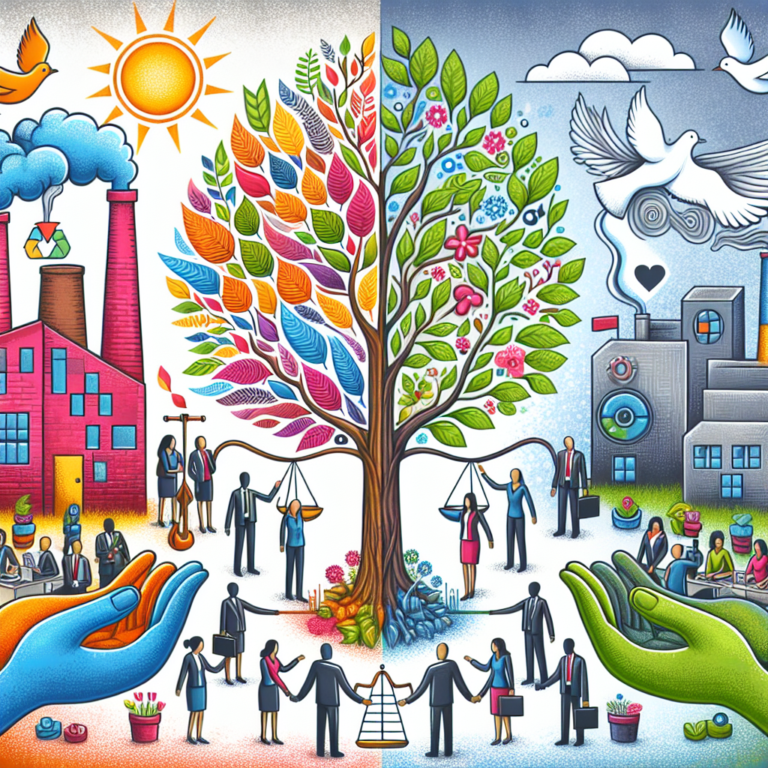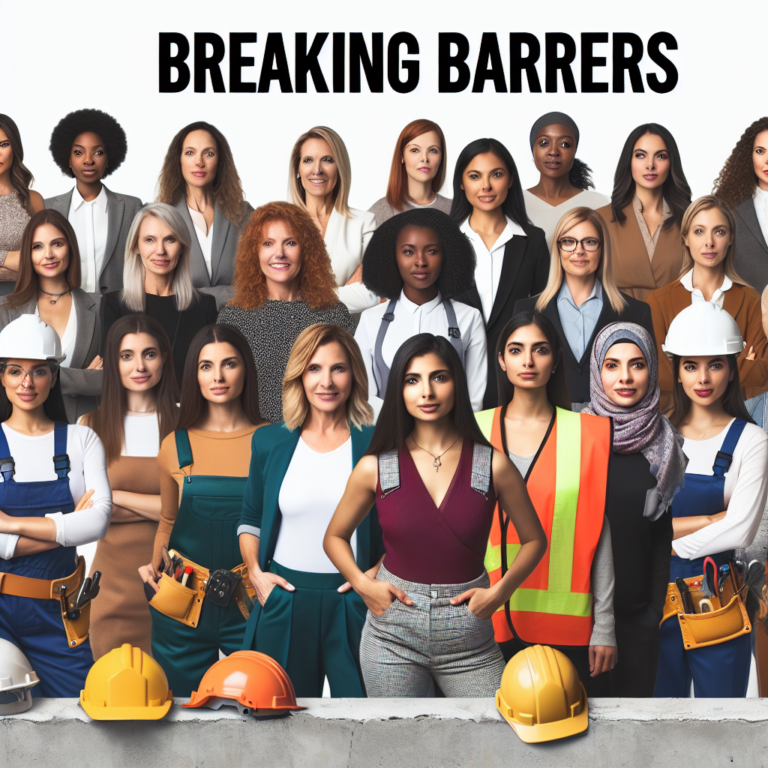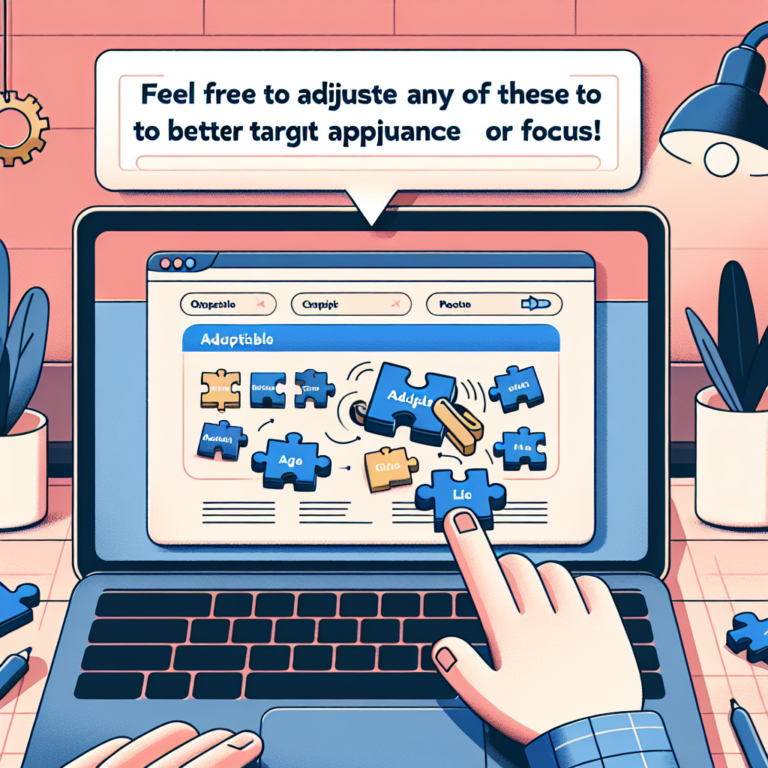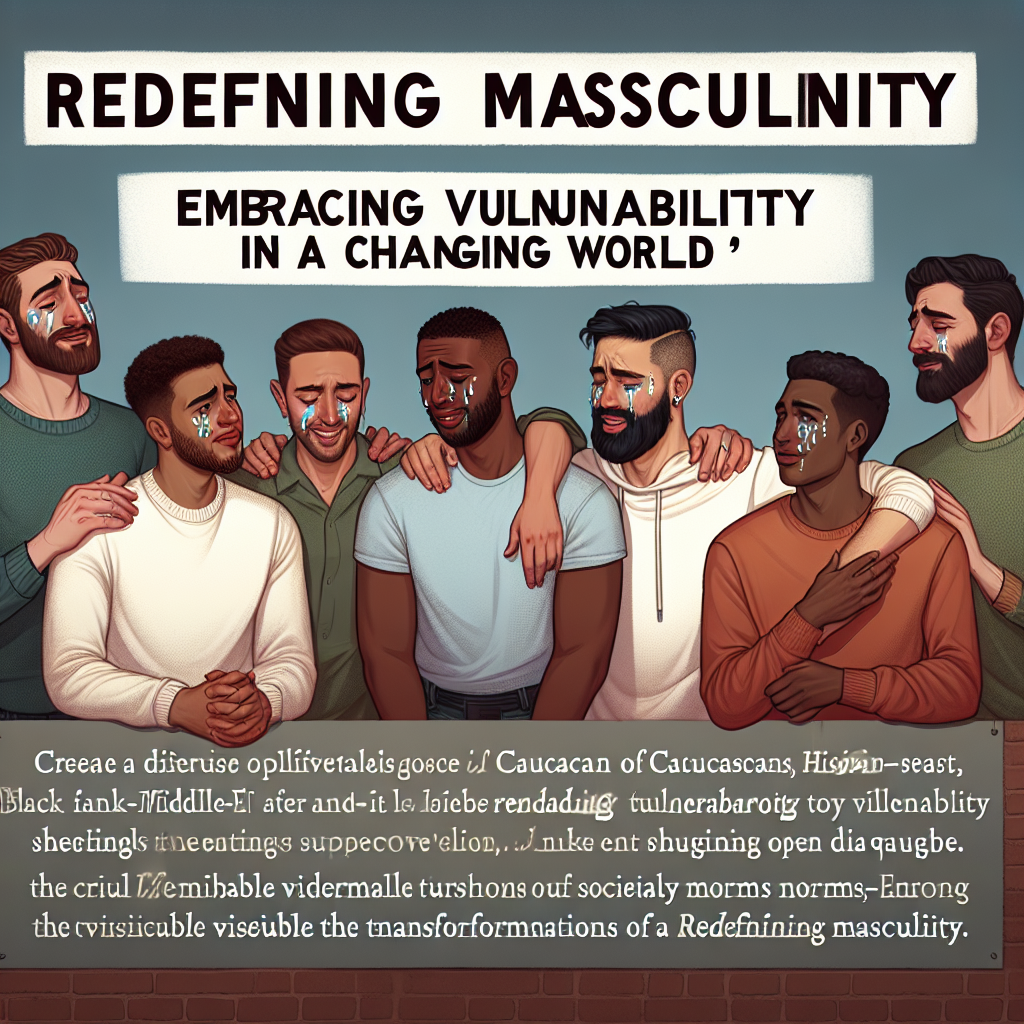
Introduction
In a world that is rapidly evolving and confronting the traditional confines of identity and gender roles, the narrative surrounding masculinity is undergoing a profound transformation. For too long, society has painted masculinity in shades of stoicism, strength, and emotional unavailability, often dismissing vulnerability as a sign of weakness. However, as the dialogue around mental health, emotional intelligence, and gender inclusivity expands, we find ourselves at a crucial juncture. The concept of "Redefining Masculinity: Embracing Vulnerability in a Changing World" emerges as not just relevant but essential.
The pressures on men to conform to outdated ideals are immense, leading to high rates of mental health issues, anxiety, and even suicide among those who feel they cannot express their feelings. But the winds of change are blowing, inviting us to break free from the chains of toxic masculinity and redefine what it means to be a man. This article will explore the importance of embracing vulnerability, support real-world applications through case studies, provide actionable insights, and answer some common questions about masculinity in today’s context.
Understanding Masculinity in Context
The Traditional Notion of Masculinity
Historically, masculinity has been defined by traits such as assertiveness, competitiveness, and emotional fortitude. Societal expectations often demanded that men be providers and protectors, leaving no room for emotional expression. This traditional approach to masculinity has been ingrained in our cultures, perpetuated through media, upbringing, and socialization.
The Shifting Paradigm
As we progress into an era focused on inclusivity and mental well-being, definitions of masculinity are being challenged. The rise of movements advocating for gender equality and emotional health has led to an increased understanding of the dangers of adhering to an extremely rigid concept of masculinity. Studies reveal aspiring positive masculinity is crucial for the emotional well-being of not just men but society as a whole.
Embracing Vulnerability: A New Masculinity
Redefining masculinity involves centering on vulnerability, emotional honesty, and genuine connections. This shift illuminates the truth that vulnerability is not a weakness; instead, it is a strength that shapes resilience, empathy, and healthier relationships.
Case Studies Illustrating Transformation
Case Study 1: The Role of Emotional Intelligence in Leadership
In the corporate world, leaders have typically embodied traits associated with traditional masculinity, often emphasizing a no-nonsense approach. However, companies like Google have shifted towards embracing emotional intelligence in leadership roles. Their leadership training programs encourage leaders to express vulnerability, actively listen to team members, and cultivate emotional connections.
Analysis
This shift not only promotes a healthy work environment but also drives productivity and innovation. By Redefining Masculinity: Embracing Vulnerability in a Changing World, organizations create spaces where all employees feel safe to express their ideas and emotions without fear of judgment.
Case Study 2: Mental Health Initiatives
Organizations like Movember and The Man Up Campaign have been pivotal in raising awareness about men’s mental health and encouraging vulnerability among males. By leading campaigns that challenge the stereotypical view of masculinity and emphasizing the importance of emotional well-being, they have garnered a significant public response.
Analysis
These campaigns exemplify how embracing vulnerability can lead to improved mental health and open dialogue surrounding emotional struggle. In redefining masculinity, these efforts dismantle the stigma associated with seeking help, fostering a supportive environment.
The Benefits of Embracing Vulnerability
Building Strong Relationships
Emotional Connection: Vulnerability allows individuals to connect on a deeper level. Just as the saying goes, “the heart that breaks open can contain the whole universe,” exposing oneself emotionally can forge stronger bonds.
- Empathy Development: When men embrace vulnerability, they are more likely to develop empathy, a critical skill needed for nurturing meaningful relationships.
Improving Mental Health
Reduction of Stress: Hiding emotions can lead to stress and anxiety. By expressing their feelings, men can alleviate pressure and foster a healthier mindset.
- Resilience Building: Engaging with vulnerability develops emotional resilience and coping strategies, arming individuals to deal with life’s challenges.
Promoting Gender Equality
Challenging Gender Norms: As men redefine their roles and embrace vulnerability, they challenge traditional gender norms, thereby creating space for more equitable relationships between genders.
- Inspiring Future Generations: Setting an example encourages younger generations to adopt a more flexible understanding of both masculinity and femininity.
Practical Steps to Embrace Vulnerability
To successfully navigate the journey of Redefining Masculinity: Embracing Vulnerability in a Changing World, consider these practical steps.
1. Reflect on Your Emotions
- Journaling: Keep a journal for expressing thoughts and emotions. This practice encourages self-reflection and clarity.
2. Open Up to Trusted Individuals
- Building Trust: Seek out friends or family members with whom you can share your feelings without fear of judgment.
3. Participate in Support Groups
- Community Engagement: Engage with community circles or support groups that focus on emotional expression, mental health, and vulnerability.
4. Educate Yourself and Others
- Workshops and Seminars: Attend events or read literature focused on redefining masculinity and the role of vulnerability.
5. Practice Empathy Daily
- Active Listening: Make it a habit to practice active listening, understanding that vulnerability is a mutual exchange.
FAQs
1. What does vulnerability mean in the context of masculinity?
Vulnerability refers to the willingness to expose one’s emotions, insecurities, and struggles. In the context of masculinity, it signifies a break from traditional norms that view expressing emotions as a weakness.
2. Why is it important for men to embrace vulnerability?
Embracing vulnerability is essential for improving mental health, building strong relationships, and contributing to a more equitable society. It allows men to develop emotional resilience and fosters connection with others.
3. How can I encourage male friends to be more vulnerable?
Create safe spaces for discussion, practice active listening, and share your experiences with vulnerability to encourage others to open up.
4. Are there any risks associated with vulnerability for men?
While vulnerability can be challenging, the risks of suppression and rigid masculinity, such as mental health issues, may outweigh the potential discomfort of being open.
5. How can workplaces promote vulnerability among men?
Organizations can implement training, create support networks, and embrace emotional intelligence as a competency in leadership training to cultivate an environment that values vulnerability.
Conclusion
As we journey through the complexities of redefined masculinity, it’s imperative to champion the cause of embracing vulnerability. This evolution not only enriches individual lives but nurtures communities, fostering environments of compassion, understanding, and equality.
By instilling values of emotional openness in our dialogues, relationships, and even professional settings, we pave the way for a future where vulnerability is not just accepted but celebrated. As we redefine masculinity—we are collectively moving toward a world characterized by authenticity and emotional richness.
It’s time to take actionable steps, share this discourse, and embody the changes we wish to see. In the end, embracing vulnerability is not merely about redefining masculinity; it’s about cultivating humanity in a changing world.





